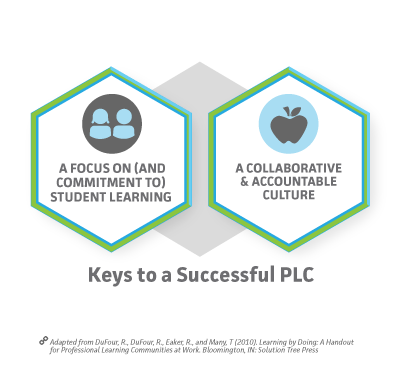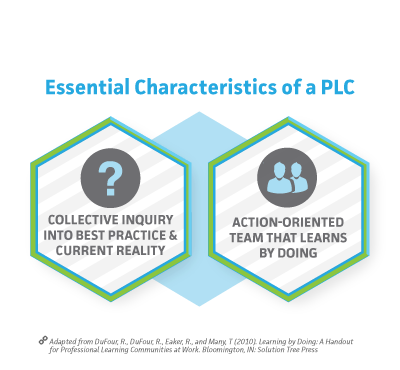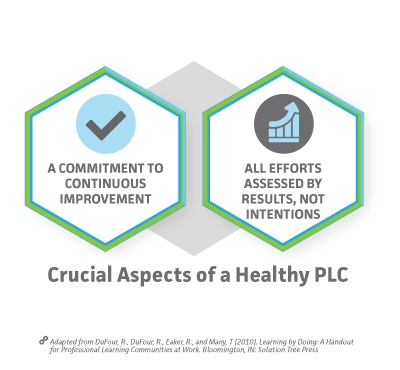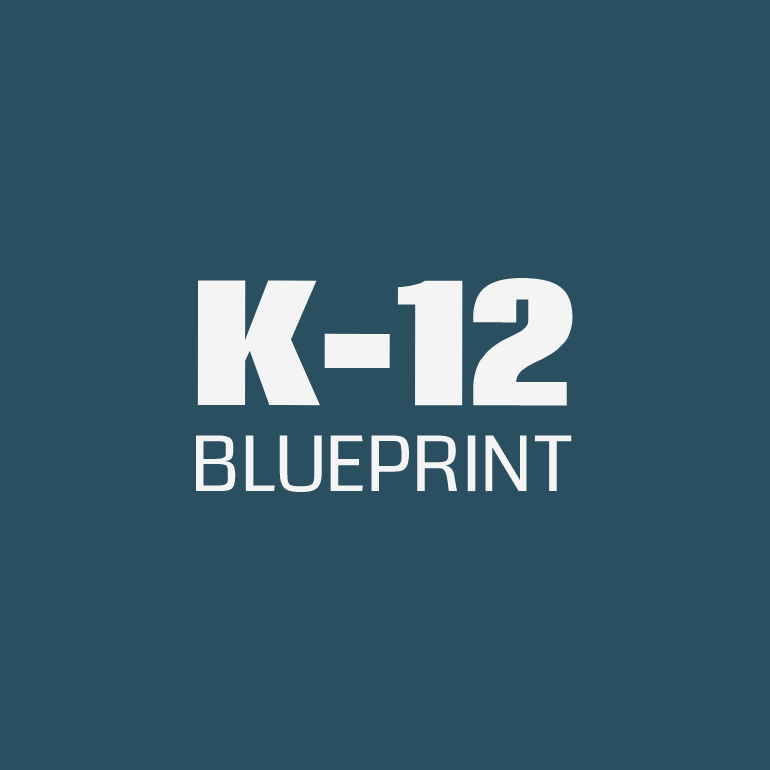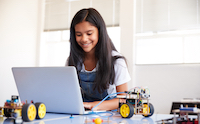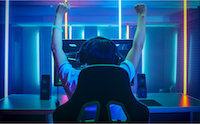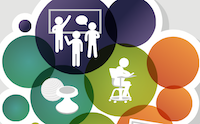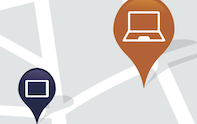Professional Learning
Professional Learning Communities, or PLCs, have become crucial in designing school-wide strategies dedicated to helping students achieve their potential. The resources included in this toolkit are intended to help you meet the challenges presented by today’s educational landscape through effective professional learning and development opportunities.
